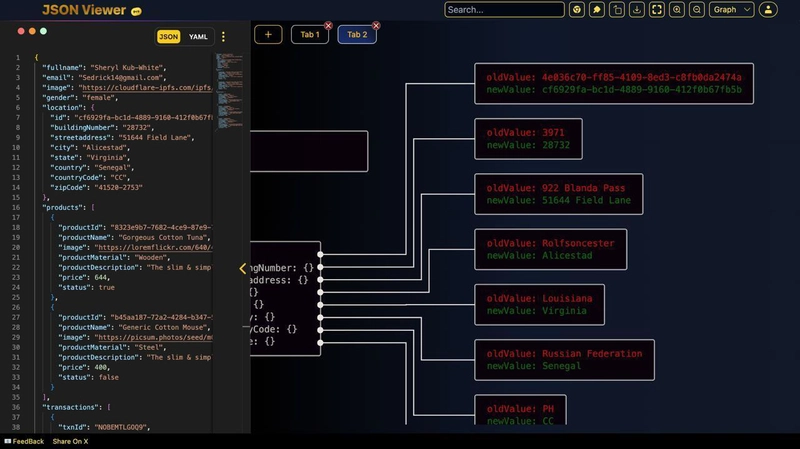"Unlocking AI's Potential: Enhancing Diagnostic Accuracy with MedAgentSim"
In a world where medical errors can have dire consequences, the quest for enhanced diagnostic accuracy has never been more critical. Are you tired of navigating the complexities of healthcare with uncertainty? Do you often wonder how artificial intelligence (AI) could revolutionize patient care and improve outcomes? Enter MedAgentSim—a groundbreaking tool designed to unlock AI's potential in diagnostics, transforming how we approach healthcare challenges. This innovative platform harnesses advanced algorithms to analyze vast amounts of data, providing clinicians with insights that were previously unimaginable. Imagine having a reliable ally that not only streamlines decision-making but also significantly reduces the margin for error in diagnoses! In this blog post, we will explore how MedAgentSim operates at the intersection of technology and medicine, revealing its profound impact on enhancing diagnostic accuracy. From real-world applications to future trends in AI diagnostics, prepare to embark on an enlightening journey that promises to empower both healthcare professionals and patients alike. Join us as we delve into this fascinating realm where cutting-edge innovation meets compassionate care—your understanding of modern medicine may never be the same again! Introduction to MedAgentSim MedAgentSim is an innovative open-source simulated clinical environment that aims to enhance the performance of Large Language Models (LLMs) in dynamic diagnostic scenarios. This framework addresses the complexities inherent in real-world doctor-patient interactions, which traditional methods often overlook. By incorporating self-improvement mechanisms, MedAgentSim allows models to iteratively refine their diagnostic strategies through multi-agent discussions and chain-of-thought reasoning. It also emphasizes fairness-aware AI, acknowledging biases that can affect diagnostic accuracy. Framework Phases The system operates in two main phases: the Conversation Phase and Experience Replay Phase. During the Conversation Phase, LLMs engage in realistic dialogues simulating patient interactions, while the Experience Replay Phase enables progressive learning by revisiting past conversations for improved understanding and decision-making. This dual-phase approach not only enhances model training but also fosters a deeper comprehension of medical content generation within healthcare applications. By referencing various studies on domain-specific language model pretraining and addressing uncertainties in diagnostics, MedAgentSim showcases its potential as a transformative tool for improving healthcare outcomes through advanced AI methodologies. The Role of AI in Healthcare Artificial Intelligence (AI) is revolutionizing healthcare by enhancing diagnostic accuracy and improving patient outcomes. One significant advancement is the development of Large Language Models (LLMs), which facilitate complex doctor-patient interactions through natural language processing. These models, exemplified by systems like MedAgentSim, simulate clinical environments to evaluate LLM performance in dynamic settings. They incorporate mechanisms for self-improvement, enabling iterative refinement of diagnostic strategies based on real-world complexities. Addressing Biases and Enhancing Fairness A critical aspect of integrating AI into healthcare involves addressing biases that can impact diagnostic accuracy. By employing fairness-aware algorithms within LLMs, developers aim to ensure equitable treatment across diverse patient populations. This focus on bias mitigation not only enhances trust but also improves overall health equity. The dual-phase structure of MedAgentSim—comprising a Conversation Phase and an Experience Replay Phase—allows for progressive learning from past interactions, thereby refining decision-making processes over time. As AI continues to evolve in this sector, it holds immense potential for transforming how medical professionals diagnose conditions and interact with patients effectively while ensuring ethical standards are upheld throughout the process.# How MedAgentSim Works MedAgentSim operates through a structured framework designed to simulate clinical environments, enhancing the performance of Large Language Models (LLMs) in diagnostic scenarios. The system comprises two primary phases: the Conversation Phase and the Experience Replay Phase. During the Conversation Phase, LLMs engage in dynamic interactions that mimic real-world doctor-patient conversations, capturing complex nuances essential for accurate diagnostics. In contrast, the Experience Replay Phase allows models to revisit past interactions and refine their strategies iteratively based on learned experiences. Mechanisms for Improvement The self-improvement mechanisms embedded within MedAgentSim facilitate multi-agent discussions and chain-of-thought reasoning. These features enable LLMs to analyze various perspectives during diagnosis while retrieving

In a world where medical errors can have dire consequences, the quest for enhanced diagnostic accuracy has never been more critical. Are you tired of navigating the complexities of healthcare with uncertainty? Do you often wonder how artificial intelligence (AI) could revolutionize patient care and improve outcomes? Enter MedAgentSim—a groundbreaking tool designed to unlock AI's potential in diagnostics, transforming how we approach healthcare challenges. This innovative platform harnesses advanced algorithms to analyze vast amounts of data, providing clinicians with insights that were previously unimaginable. Imagine having a reliable ally that not only streamlines decision-making but also significantly reduces the margin for error in diagnoses! In this blog post, we will explore how MedAgentSim operates at the intersection of technology and medicine, revealing its profound impact on enhancing diagnostic accuracy. From real-world applications to future trends in AI diagnostics, prepare to embark on an enlightening journey that promises to empower both healthcare professionals and patients alike. Join us as we delve into this fascinating realm where cutting-edge innovation meets compassionate care—your understanding of modern medicine may never be the same again!
Introduction to MedAgentSim
MedAgentSim is an innovative open-source simulated clinical environment that aims to enhance the performance of Large Language Models (LLMs) in dynamic diagnostic scenarios. This framework addresses the complexities inherent in real-world doctor-patient interactions, which traditional methods often overlook. By incorporating self-improvement mechanisms, MedAgentSim allows models to iteratively refine their diagnostic strategies through multi-agent discussions and chain-of-thought reasoning. It also emphasizes fairness-aware AI, acknowledging biases that can affect diagnostic accuracy.
Framework Phases
The system operates in two main phases: the Conversation Phase and Experience Replay Phase. During the Conversation Phase, LLMs engage in realistic dialogues simulating patient interactions, while the Experience Replay Phase enables progressive learning by revisiting past conversations for improved understanding and decision-making. This dual-phase approach not only enhances model training but also fosters a deeper comprehension of medical content generation within healthcare applications.
By referencing various studies on domain-specific language model pretraining and addressing uncertainties in diagnostics, MedAgentSim showcases its potential as a transformative tool for improving healthcare outcomes through advanced AI methodologies.
The Role of AI in Healthcare
Artificial Intelligence (AI) is revolutionizing healthcare by enhancing diagnostic accuracy and improving patient outcomes. One significant advancement is the development of Large Language Models (LLMs), which facilitate complex doctor-patient interactions through natural language processing. These models, exemplified by systems like MedAgentSim, simulate clinical environments to evaluate LLM performance in dynamic settings. They incorporate mechanisms for self-improvement, enabling iterative refinement of diagnostic strategies based on real-world complexities.
Addressing Biases and Enhancing Fairness
A critical aspect of integrating AI into healthcare involves addressing biases that can impact diagnostic accuracy. By employing fairness-aware algorithms within LLMs, developers aim to ensure equitable treatment across diverse patient populations. This focus on bias mitigation not only enhances trust but also improves overall health equity.
The dual-phase structure of MedAgentSim—comprising a Conversation Phase and an Experience Replay Phase—allows for progressive learning from past interactions, thereby refining decision-making processes over time. As AI continues to evolve in this sector, it holds immense potential for transforming how medical professionals diagnose conditions and interact with patients effectively while ensuring ethical standards are upheld throughout the process.# How MedAgentSim Works
MedAgentSim operates through a structured framework designed to simulate clinical environments, enhancing the performance of Large Language Models (LLMs) in diagnostic scenarios. The system comprises two primary phases: the Conversation Phase and the Experience Replay Phase. During the Conversation Phase, LLMs engage in dynamic interactions that mimic real-world doctor-patient conversations, capturing complex nuances essential for accurate diagnostics. In contrast, the Experience Replay Phase allows models to revisit past interactions and refine their strategies iteratively based on learned experiences.
Mechanisms for Improvement
The self-improvement mechanisms embedded within MedAgentSim facilitate multi-agent discussions and chain-of-thought reasoning. These features enable LLMs to analyze various perspectives during diagnosis while retrieving experience-based knowledge effectively. Furthermore, addressing biases is crucial; thus, fairness-aware AI principles are integrated into this framework to ensure equitable outcomes across diverse patient demographics. By emphasizing these elements, MedAgentSim not only enhances diagnostic accuracy but also contributes significantly towards developing robust AI systems capable of navigating intricate healthcare challenges efficiently.
Through its innovative design and focus on iterative learning processes, MedAgentSim stands as a pivotal tool in advancing how we leverage artificial intelligence within medical contexts—ultimately aiming for improved patient care outcomes through technology-driven insights.
Benefits of Enhanced Diagnostic Accuracy
Enhanced diagnostic accuracy significantly improves patient outcomes by ensuring timely and appropriate treatment. With the integration of systems like MedAgentSim, healthcare professionals can leverage advanced Large Language Models (LLMs) to simulate real-world clinical interactions. This allows for a more nuanced understanding of complex medical scenarios, leading to better-informed decisions. The iterative self-improvement mechanisms within MedAgentSim enable LLMs to refine their diagnostic strategies through experience-based knowledge retrieval and multi-agent discussions.
Addressing Biases in Diagnostics
Moreover, addressing biases that may affect diagnostic accuracy is crucial for fairness-aware AI applications in healthcare. By utilizing frameworks that emphasize dynamic learning and continuous feedback loops, practitioners can mitigate risks associated with biased data interpretations. This not only enhances the reliability of diagnoses but also fosters trust between patients and providers as they navigate intricate health issues together.
Incorporating these advancements into clinical practice ensures that healthcare delivery becomes increasingly precise, ultimately enhancing overall patient care quality while reducing misdiagnosis rates. As we move forward, the implications of enhanced diagnostic accuracy will be profound across various medical disciplines, paving the way for innovative solutions tailored to individual patient needs.
Real-World Applications and Case Studies
MedAgentSim serves as a pivotal tool in enhancing the performance of Large Language Models (LLMs) within clinical environments. By simulating real-world doctor-patient interactions, it allows for comprehensive evaluation and refinement of diagnostic strategies. For instance, hospitals can utilize MedAgentSim to train medical professionals on complex case scenarios that involve multi-agent discussions and chain-of-thought reasoning. This not only improves individual diagnostic accuracy but also fosters collaborative decision-making among healthcare teams.
Addressing Biases in Diagnostics
A significant application of MedAgentSim is its ability to identify and mitigate biases that may affect diagnostic outcomes. The framework's self-improvement mechanisms enable LLMs to learn from past experiences, promoting fairness-aware AI practices in clinical settings. Case studies have demonstrated how these models can enhance patient care by providing equitable treatment recommendations across diverse populations while reducing disparities in healthcare delivery.
Moreover, the Experience Replay Phase facilitates iterative learning from previous interactions, which has shown promising results in refining model responses over time. As such, organizations leveraging this technology are witnessing improved patient satisfaction rates due to more accurate diagnoses and tailored treatment plans derived from enhanced data-driven insights provided by LLMs trained through MedAgentSim’s innovative approach.
Future Trends in AI Diagnostics
The future of AI diagnostics is poised for transformative advancements, particularly through frameworks like MedAgentSim. This open-source simulated clinical environment enables the evaluation and enhancement of Large Language Models (LLMs) within dynamic diagnostic contexts. A key trend involves improving LLMs' capabilities to engage in multi-agent discussions and utilize chain-of-thought reasoning, which can significantly refine diagnostic strategies over time. Furthermore, addressing biases that affect diagnostic accuracy will be crucial; fairness-aware AI systems are essential to ensure equitable healthcare outcomes.
Innovations in Learning Mechanisms
MedAgentSim's dual-phase approach—Conversation Phase and Experience Replay Phase—highlights a shift towards progressive learning models that adapt based on real-world interactions. As these systems evolve, they will likely incorporate more sophisticated self-improvement mechanisms that allow continuous refinement of their performance. The integration of experience-based knowledge retrieval into LLMs represents another promising direction, enhancing their ability to generate contextually relevant medical content while minimizing uncertainty in diagnosis.
In summary, as we look ahead, the convergence of advanced machine learning techniques with practical applications in healthcare promises not only improved efficiency but also a deeper understanding of patient needs through enhanced communication between doctors and AI systems.
In conclusion, the integration of MedAgentSim into healthcare represents a significant leap forward in enhancing diagnostic accuracy through artificial intelligence. By harnessing AI's capabilities, MedAgentSim not only streamlines the diagnostic process but also empowers healthcare professionals with precise tools to make informed decisions. The benefits are manifold; improved patient outcomes, reduced misdiagnoses, and increased efficiency within medical practices are just a few examples of how this technology is transforming the landscape of healthcare. Real-world applications and case studies illustrate its effectiveness across various medical fields, showcasing tangible results that underscore its potential. As we look ahead, future trends suggest an even deeper collaboration between AI systems like MedAgentSim and human practitioners, paving the way for more personalized medicine and innovative solutions to complex health challenges. Embracing these advancements will be crucial for both providers and patients as we navigate an increasingly data-driven world in healthcare.
FAQs about MedAgentSim and AI in Healthcare
1. What is MedAgentSim?
MedAgentSim is an advanced simulation platform designed to enhance diagnostic accuracy in healthcare through the integration of artificial intelligence (AI). It utilizes sophisticated algorithms to analyze medical data, helping healthcare professionals make more informed decisions.
2. How does AI improve diagnostic accuracy in healthcare?
AI improves diagnostic accuracy by processing vast amounts of medical data quickly and efficiently, identifying patterns that may not be immediately apparent to human practitioners. This leads to earlier detection of diseases, reduced misdiagnoses, and improved patient outcomes.
3. Can you explain how MedAgentSim works?
MedAgentSim operates by simulating various clinical scenarios using real-world medical data inputs. It employs machine learning techniques to continuously learn from new information, refining its predictive capabilities over time and providing clinicians with actionable insights for diagnosis.
4. What are some benefits of enhanced diagnostic accuracy provided by tools like MedAgentSim?
Enhanced diagnostic accuracy can lead to several benefits including: - Reduced rates of misdiagnosis - Improved treatment plans tailored to individual patients - Increased efficiency in clinical workflows - Better overall patient care and satisfaction
5. Are there any real-world applications or case studies demonstrating the effectiveness of MedAgentSim?
Yes, there are numerous case studies showcasing the successful implementation of MedAgentSim across various healthcare settings. These include examples where it has significantly improved early disease detection rates and optimized treatment strategies based on accurate diagnostics derived from simulated scenarios.
































































![Nomad Goods Launches 15% Sitewide Sale for 48 Hours Only [Deal]](https://www.iclarified.com/images/news/96899/96899/96899-640.jpg)


![Apple Watch Series 10 Prototype with Mystery Sensor Surfaces [Images]](https://www.iclarified.com/images/news/96892/96892/96892-640.jpg)





















































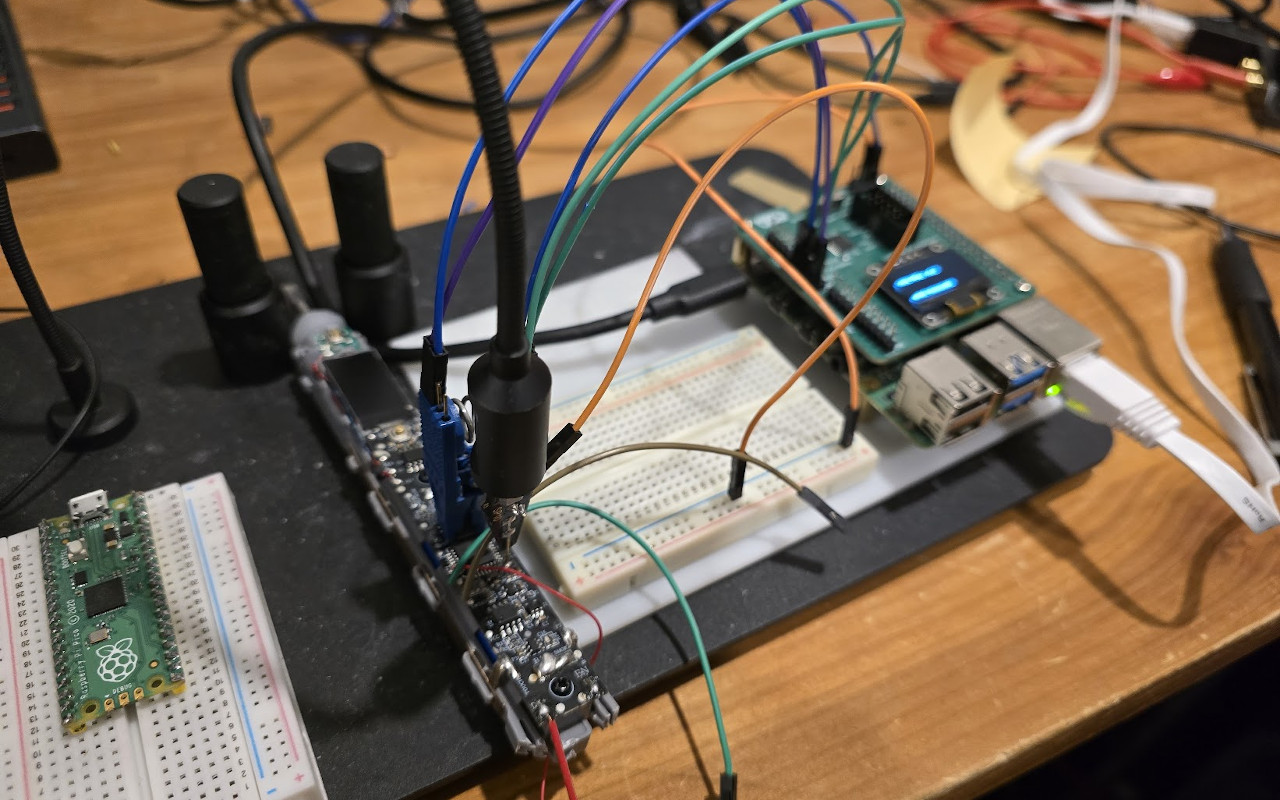































































































































![[The AI Show Episode 142]: ChatGPT’s New Image Generator, Studio Ghibli Craze and Backlash, Gemini 2.5, OpenAI Academy, 4o Updates, Vibe Marketing & xAI Acquires X](https://www.marketingaiinstitute.com/hubfs/ep%20142%20cover.png)






















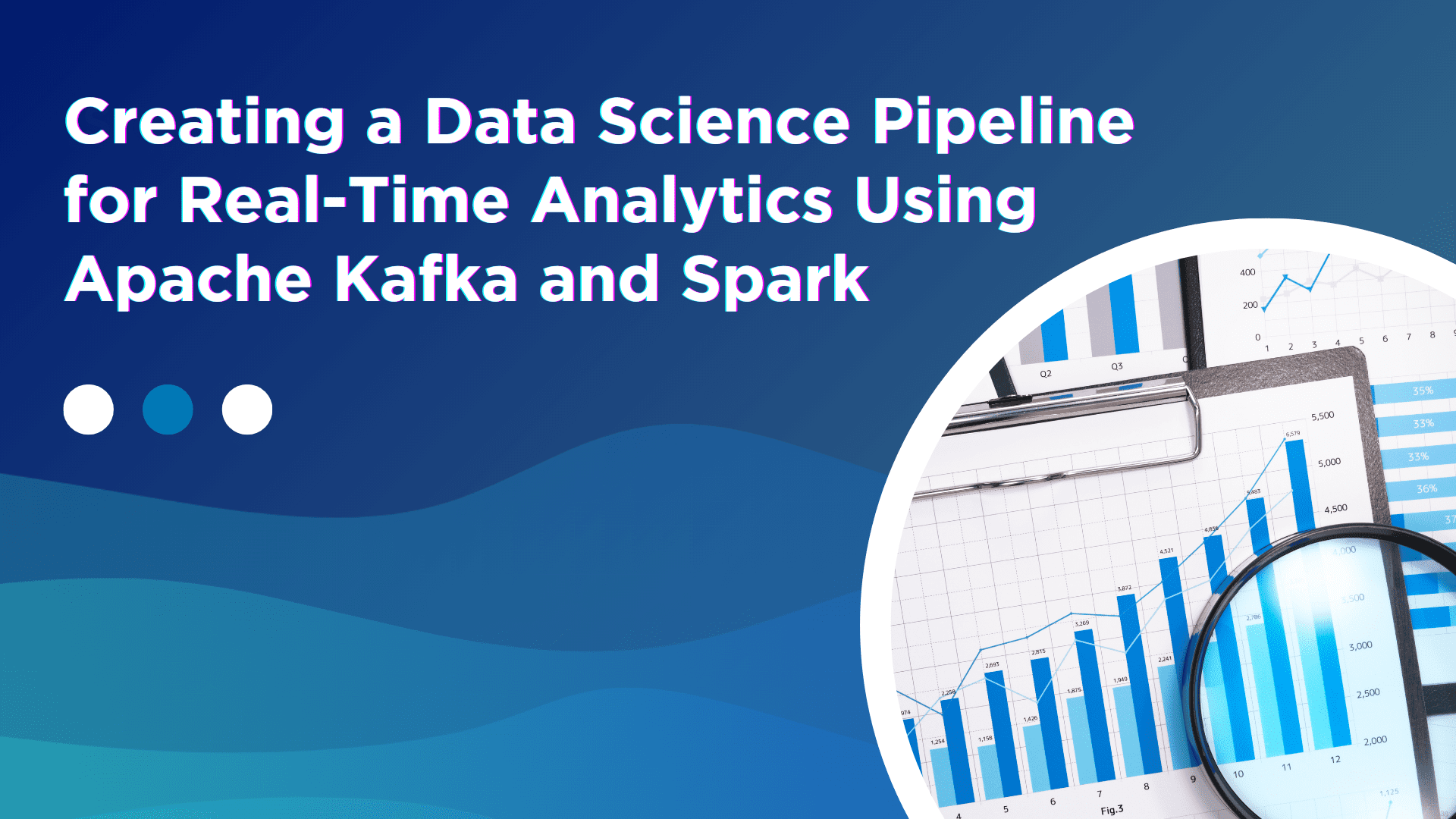


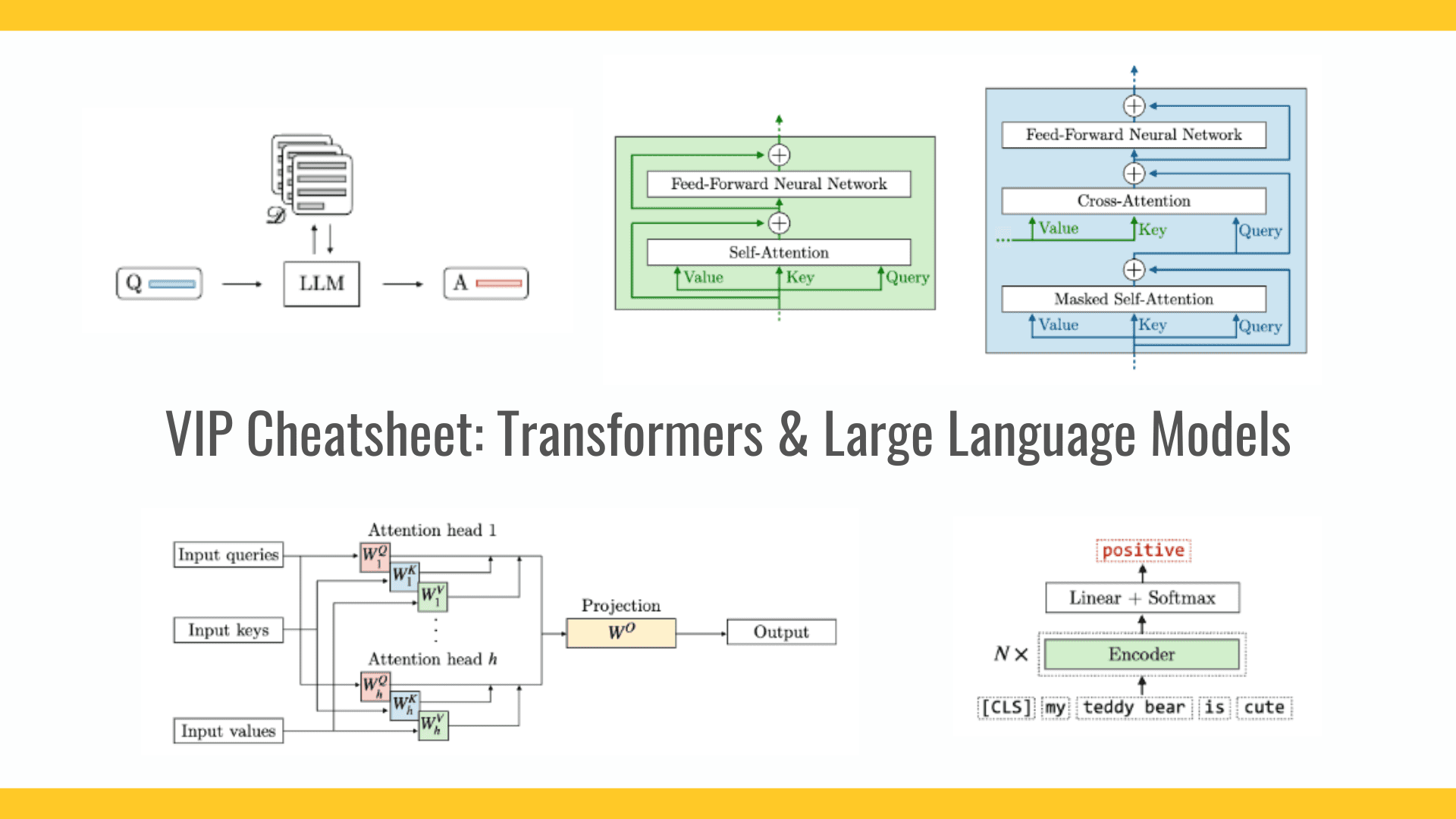






























































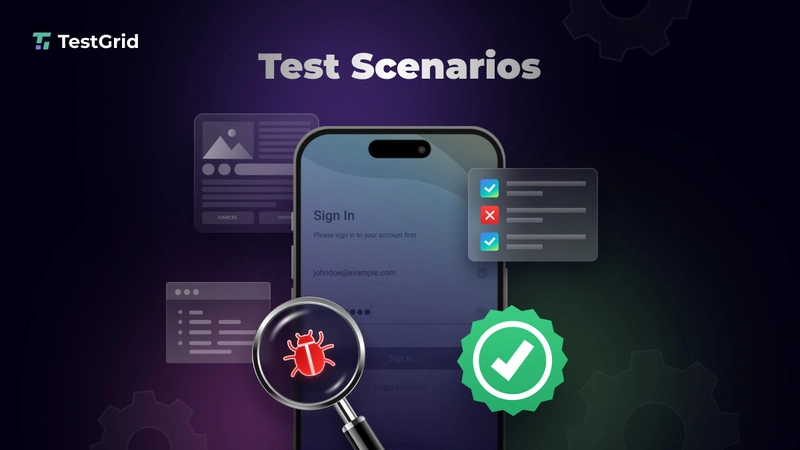
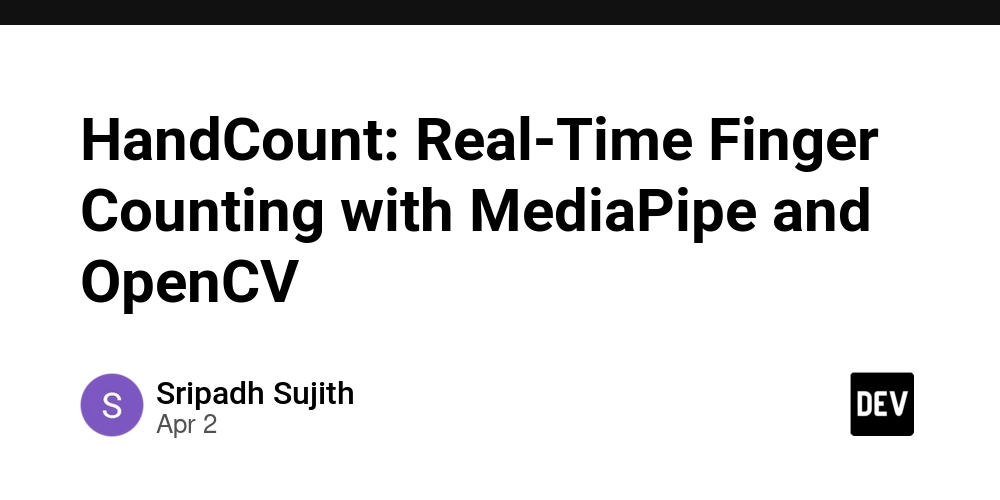




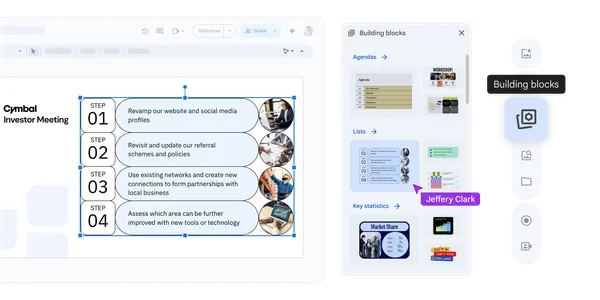
















![Is this a suitable approach to architect a flutter app? [closed]](https://i.sstatic.net/4hMHGb1L.png)

















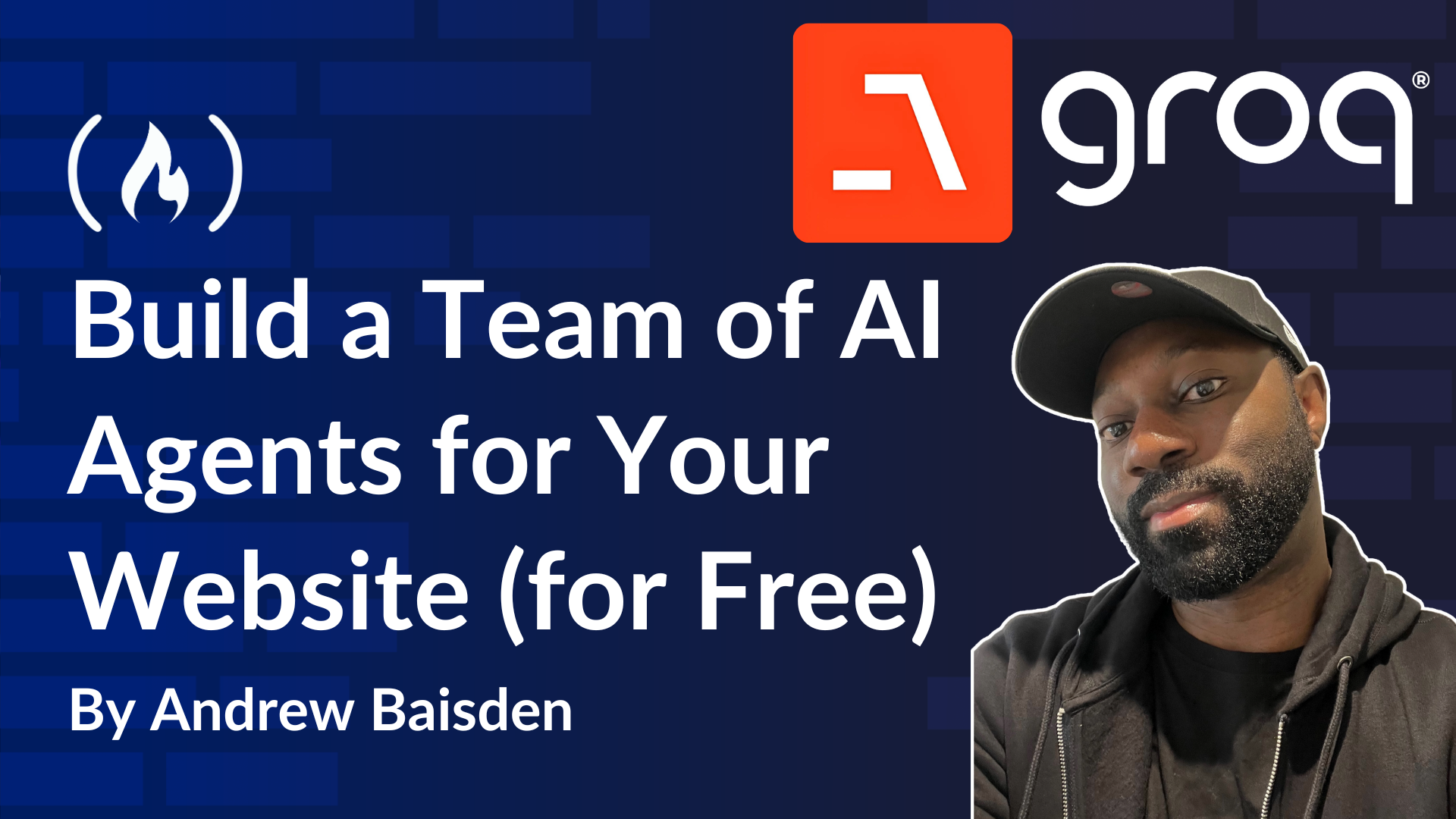
![From broke musician to working dev. How college drop-out Ryan Furrer taught himself to code [Podcast #166]](https://cdn.hashnode.com/res/hashnode/image/upload/v1743189826063/2080cde4-6fc0-46fb-b98d-b3d59841e8c4.png?#)


























































































